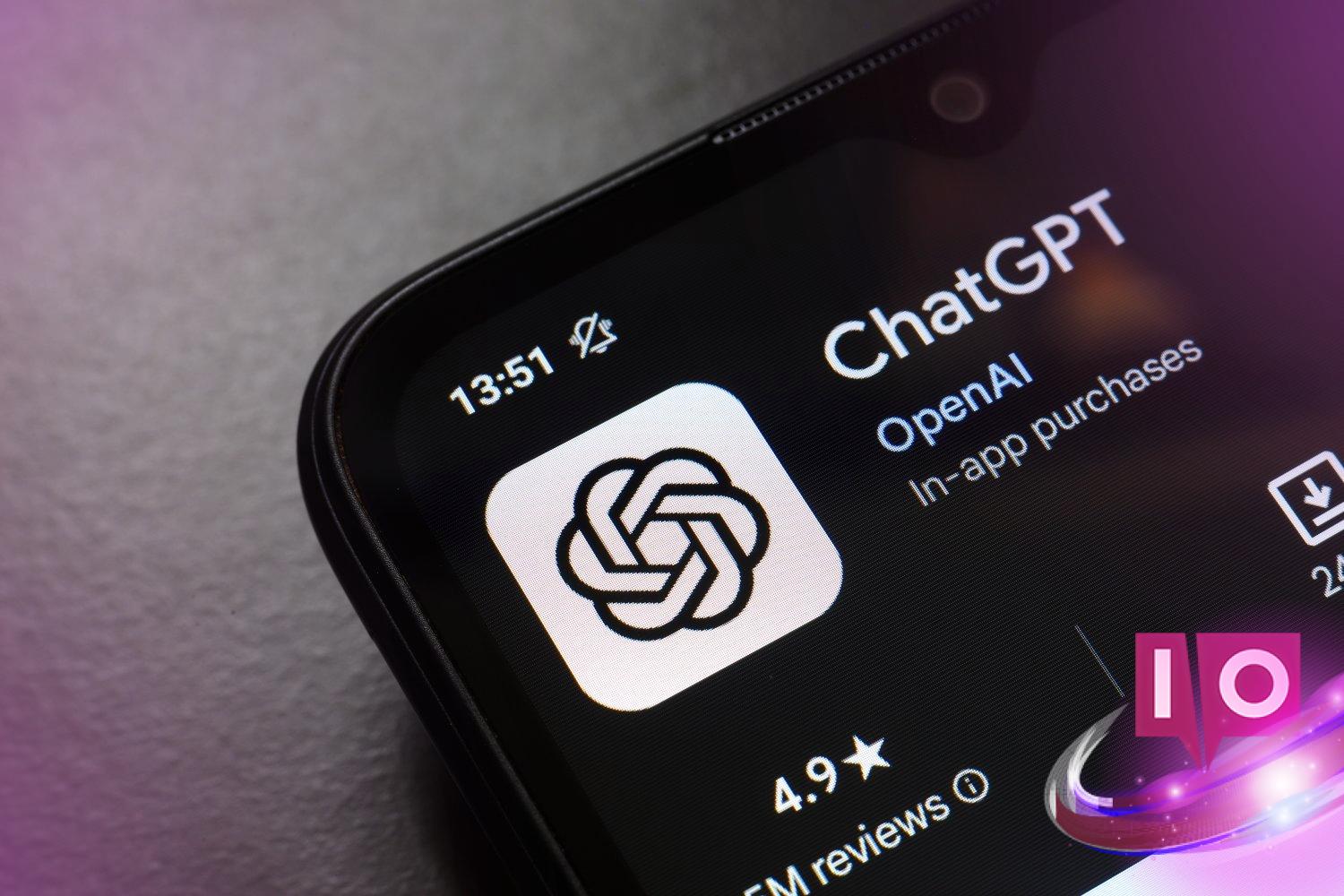With an astounding 10% of the world’s population reportedly using ChatGPT weekly, the conversation around mental health and AI has never been more urgent. OpenAI recently published a report addressing how the company is responding to users in distress, noting a concerning statistic: about 0.07% of active users show signs of “mental health emergencies related to psychosis or mania.” This figure translates to roughly three million users who might need immediate support.
To bolster user safety, OpenAI has collaborated with 170 mental health experts to enhance ChatGPT’s responses to those seeking help. They claim to have improved their handling of sensitive conversations by reducing inappropriate responses by 65-80%. Additionally, ChatGPT is now more effective at de-escalating tense dialogues and guiding users toward crisis hotlines or professional care. However, it’s important to note that while these measures are in place, the platform cannot compel users to seek support or enforce breaks.
How Common Are Mental Health Issues Among ChatGPT Users?
According to OpenAI, “0.07% of users active in a given week” and 0.01% of messages signal potential psychosis or mania. This equates to approximately 560,000 individuals each week. With OpenAI managing about 18 billion messages weekly, this means that around 1.8 million messages are linked to such mental health concerns.
What Are the Statistics on Self-Harm and Suicide Risks?
When it comes to users expressing self-harm or suicidal tendencies, OpenAI found that approximately 0.15% of weekly users show “explicit indicators of potential suicidal planning or intent.” This statistic corresponds to about 1.2 million individuals and around nine million messages sent each week. These metrics highlight a significant need for continued vigilance and support in user interactions.
Understanding Emotional Attachment to AI
Emotional reliance on AI has also come under scrutiny. OpenAI estimates that 0.15% of users, or about 1.2 million individuals, exhibit heightened emotional attachment to ChatGPT, sending about 5.4 million messages that reflect this sentiment. This raises questions about how we interact with technology and the emotional connections we forge.
What Steps Are Being Taken for Better User Safety?
After a tragedy involving a 16-year-old who sought guidance from ChatGPT regarding suicide, OpenAI has made significant efforts to implement better safety measures. Despite enhancing user interactions and prioritizing protection against potential mental health escalations, the company has also faced criticism. While they restrict certain features for underage users, they simultaneously introduced new capabilities for adults, sparking debate on emotional attachment to AI.
Is OpenAI’s commitment to improving user safety enough? The ongoing evolution of technology calls for constant adaptation and heightened awareness of the impact it has on mental health. OpenAI aims to strike a balance by maintaining an engaging platform while ensuring user safety remains a top priority.
What should I do if I see someone expressing suicidal thoughts while using ChatGPT? It’s crucial to take such expressions seriously, advocate for professional help, and encourage them to contact crisis services available in your area.
Can ChatGPT help with mental health issues? While ChatGPT can provide some comfort and resources, it is not a substitute for professional mental health support. Users in distress should always seek guidance from licensed professionals.
How does OpenAI ensure their responses are safe for users? OpenAI is actively improving its framework by collaborating with professionals in mental health, focusing on appropriate responses and redirecting users to necessary resources as needed.
How can users protect themselves while interacting with AI? Taking breaks, practicing self-awareness, and remembering that AI is a tool—not a therapist—can help maintain a healthy perspective when using platforms like ChatGPT.
As we navigate this complex intersection between technology and mental health, the importance of responsible AI use is paramount. For further insights and information, continue exploring related content on Moyens I/O.
